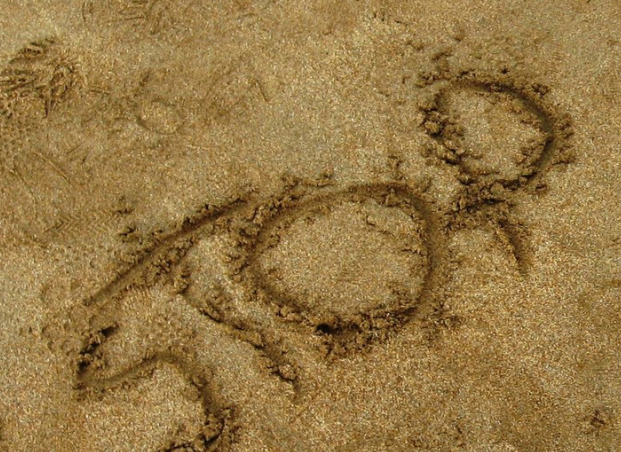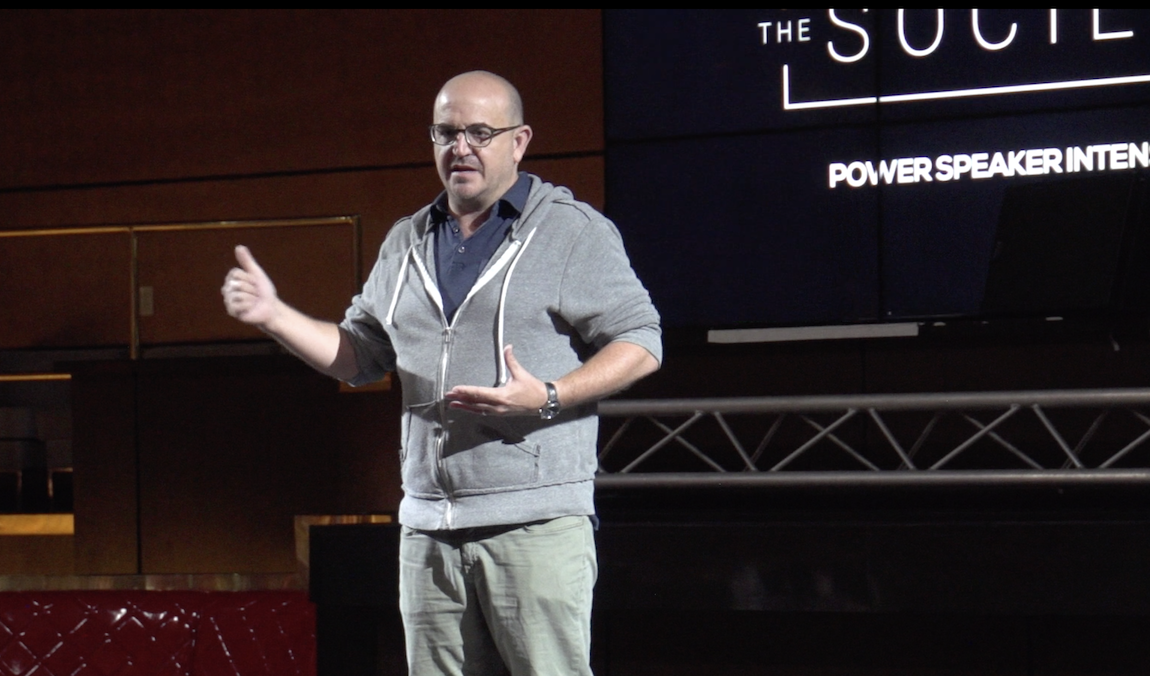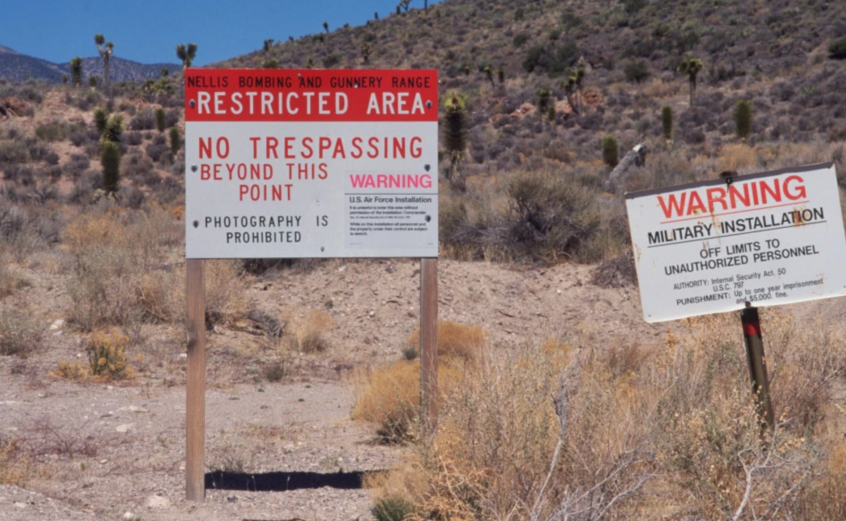“You can’t heal PTSD while you’re still on the battlefield.”
This is a thought I’ve shared many times while coaching.
Here’s what it means:
I believe that healing your traumas is one of the most important missions you can take on in your life.
BUT if you are trying to get over the wounds of your childhood, particularly the limited beliefs that parents have inadvertently programmed into you…
AND you are still in a relationship with the parent who created the original wound…
AND they are still engaging in the same behavior…
THEN the healing won’t happen because you’re continually being retraumatized.
If this applies to you, the solution is to create boundaries with the offending parent.
It only takes one person to create a boundary. And that person is you.
It’s just three steps:
1. Explain the boundary and why it’s important to you (in my case, it was asking a parent not to come to me to solve their emotional problems or to complain about my dad, and I told them that this was harming my relationship with Ingrid.)

2. Explain the Consequence
They don’t have to agree with your boundary or your reason for it. It’s not a discussion or a request. It’s you taking care of yourself. However, it can still be done lovingly. Presumably the parent wants the best for you, and this helps you be your best. (If they don’t want the best for you, maybe a better boundary is no communication.)
What I said is:
“I’d just like to try this for a while and see if it works. So if you start doing it, I’ll ask you to stop the first time, and if you don’t I’ll end the conversation, then I’ll just get off the phone and we can talk at another time.”
3. Enforce the Boundary
Remember: They will likely not respect the boundary. So it’s up to you to respect it. And you do this by following through on the consequence every time. If you don’t, then you are giving them permission to continually trample over your wishes.

So if you want to heal your wounds, the first step is to get and stay off the battlefield. Or else you’ll continually be re-wounded.
And this doesn’t just apply to your parents or caregivers: It also applies to you.
Maybe we need a psychological equivalent of the cones that veterinarians put over the heads of animals to keep them from picking their own wounds and preventing them from healing.

On social media, it’s often called the “cone of shame.” But in real life, there’s no shame in creating a system to heal and respect yourself.
One more thing: the credit for the quote at the top of this blog post is Ryan Soave. He’s the brilliant Society in-house therapist who said this offhand while coaching one of the first Deep Inner Game intensives for The Society International. He’s bald and wears glasses, so he must be right.

Ryan Soave at The Society’s Powerspeaker Intensive


